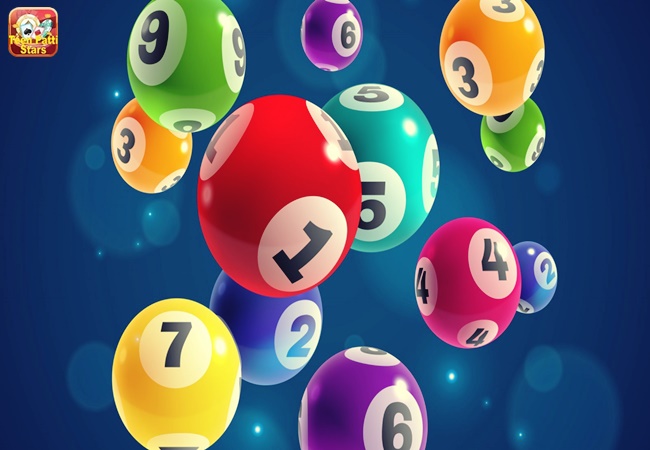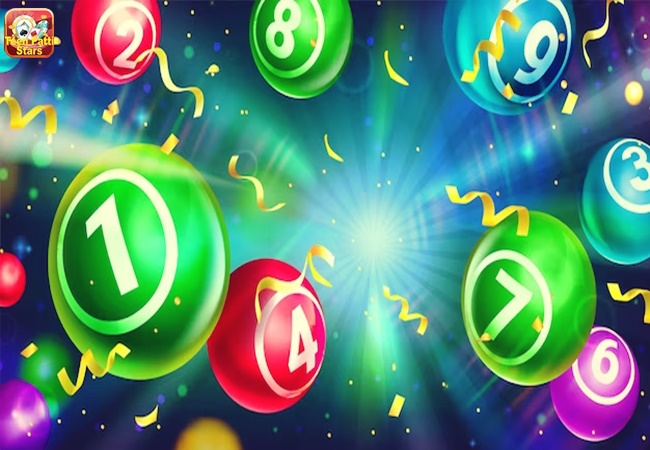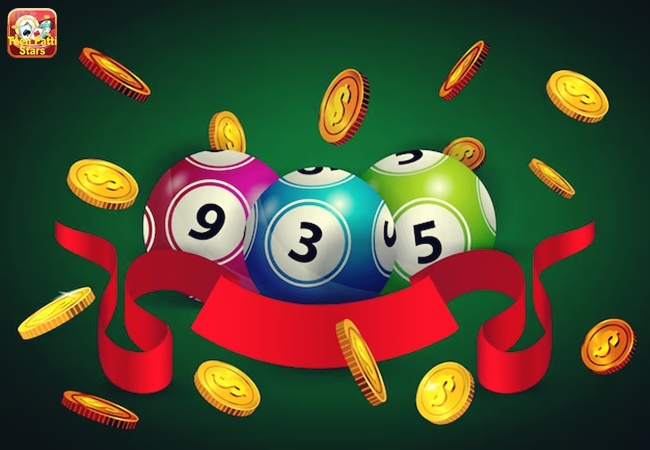Unlocking the Mysteries of the Lucky Lottery: More Than Just Chance
Lotteries have long captured the imagination of people around the world, offering the tantalizing prospect of sudden wealth and a life-changing jackpot. The mere mention of the term “teen patti games” or “Lucky Lottery” evokes a sense of excitement, hope, and, for some, a touch of skepticism. Behind the seemingly arbitrary selection of numbers lies a complex tapestry of psychology, statistics, and the enduring human fascination with luck. In this exploration, we delve into the enigmatic world of the Lucky Lottery, unraveling its mysteries and pondering whether there’s more to it than meets the eye.

Lucky Lottery: The Allure of Luck
The concept of luck has been an integral part of human culture for centuries. From ancient civilizations to modern societies, the idea that certain individuals are blessed with good fortune has persisted. The “teen patti” Lucky Lottery taps into this universal fascination with luck, offering a tangible manifestation of the unpredictable nature of life.
For many, purchasing a lottery ticket isn’t just a financial transaction; it’s a symbolic gesture of hope and optimism. People dream of defying the odds, overcoming the mundane, and ascending to a new, more prosperous reality. The Lucky Lottery becomes a conduit for these aspirations, promising a ticket to a world where financial worries dissipate, and dreams become reality.
The Psychology of Lottery Participation
Understanding the psychology behind participating in a lottery is key to grasping the enduring appeal of the Lucky Lottery phenomenon. Psychologists point to several cognitive biases and behavioral patterns that drive individuals to buy lottery tickets.
The “availability heuristic,” for example, leads people to overestimate the likelihood of winning because stories of lottery winners are readily available and widely publicized. The allure of the Lucky Lottery is intensified by a cognitive bias known as the “optimism bias,” where individuals believe their chances of winning are higher than statistical reality.
Moreover, the anticipation and excitement associated with purchasing a lottery ticket activate the brain’s reward system. The mere possibility of winning triggers a release of dopamine, the “feel-good” neurotransmitter, creating a positive association with the act of participating in the Lucky Lottery.
Statistical Realities
Despite the psychological factors at play, the Lucky Lottery ultimately hinges on statistical probabilities. The odds of winning are often minuscule, and for many, the lottery is simply a form of entertainment rather than a serious financial strategy. Understanding these odds can help individuals approach lottery participation with a more realistic perspective.
Lottery organizers employ various mechanisms to ensure randomness in number selection, employing methods ranging from mechanical drawing machines to sophisticated computer algorithms. While the draw is designed to be entirely random, the perception of randomness often clashes with the human tendency to discern patterns even in chaos.
Lucky Lottery: Winning Strategies or Myth?
In the pursuit of unlocking the secrets of the Lucky Lottery, some individuals claim to have devised winning strategies or systems. From analyzing past winning numbers to using numerology and astrology, a myriad of approaches promise an edge in the game of chance.
However, statisticians and mathematicians are quick to debunk such strategies. The lottery’s randomness and the sheer number of possible combinations make predicting the winning numbers virtually impossible. Every draw is an independent event, and past outcomes have no bearing on future results.

The Role of Technology
In the digital age, technology has transformed the landscape of lotteries. Online platforms make it easier than ever for individuals to participate, and international lotteries allow players to dream even bigger. The advent of blockchain technology has introduced transparency and fairness to some lotteries, providing players with verifiable proof of the randomness of the draw.
Blockchain-based lotteries leverage smart contracts to ensure that the selection of numbers is tamper-proof and truly random. This technological innovation addresses some of the skepticism surrounding traditional lotteries and adds a layer of trust for participants.
Social Impacts
The Lucky Lottery phenomenon extends beyond individual aspirations and statistical probabilities; it has notable social impacts. Lottery revenues often contribute to public initiatives, such as education, healthcare, and infrastructure. While the ethics of relying on a form of gambling for public funding can be debated, there’s no denying that lotteries play a role in shaping communities and supporting public services.
Conclusion
The Lucky Lottery remains a fascinating and multifaceted aspect of human culture. It intertwines psychology, statistics, and the perpetual human desire for luck and fortune. While the odds of winning may be slim, the act of participating in the lottery is laden with symbolism, hope, and the thrill of what might be. As technology continues to evolve, the lottery landscape is also changing, offering new possibilities and addressing concerns related to fairness and transparency.
Ultimately, whether one sees the Lucky Lottery as a frivolous game of chance or a ticket to a brighter future, its enduring popularity reflects a universal human inclination to believe in the possibility of luck, even in the face of overwhelming odds. As we navigate the complexities of this phenomenon, the Lucky Lottery continues to captivate and intrigue, reminding us that, in the realm of chance, anything is possible.

